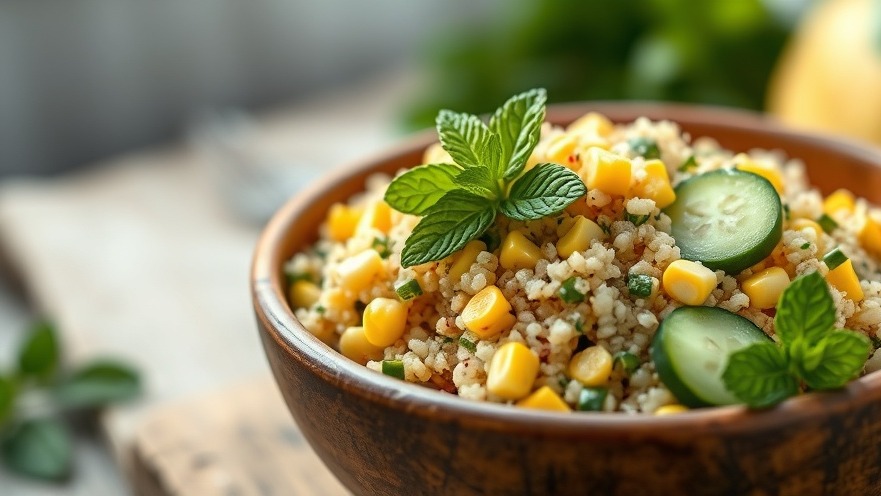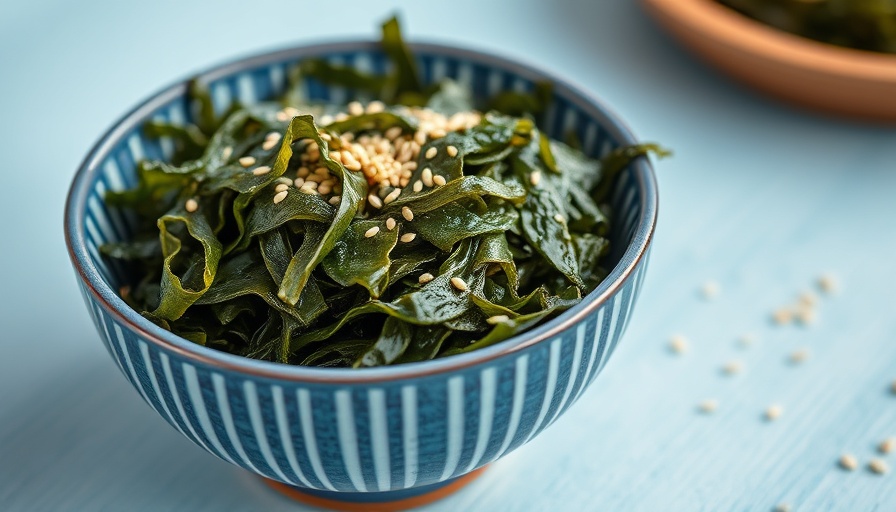
The Power of Plant-Based Diets for Ulcerative Colitis
Living with ulcerative colitis can be challenging, but recent studies reveal that adopting a plant-based diet could be a game-changer. Plant-based diets have shown to be 98 percent effective in keeping ulcerative colitis patients in remission, offering hope that dietary changes could significantly alter the course of this chronic illness. Researchers are noting that the consumption of animal products, particularly those containing sulfur, can lead to increased symptoms and relapses.
Understanding the Connection Between Diet and Inflammation
A diet rich in animal protein is associated with a heightened risk of developing inflammatory bowel disease (IBD) and a greater likelihood of experiencing relapses once diagnosed. The medical community is beginning to acknowledge that what we eat can impact our health profoundly. According to recent evidence, hydrogen sulfide, a gas derived from sulfur-containing amino acids prevalent in meat, may play a critical role in worsening ulcerative colitis symptoms.
Clinical Findings on Plant-Based Diets
The switch to a low-sulfur diet emphasizes eating more fruits, vegetables, whole grains, and legumes while minimizing animal protein and processed foods. In clinical trials, ulcerative colitis patients demonstrated remarkable improvements after transitioning to a whole plant foods-based diet. One notable study highlighted patients who, without changing their medications, experienced a fourfold improvement in their digestive symptoms simply by adopting this dietary approach. This aligns with reports from Japanese gastroenterologists who advocate for plant-based diets as a fundamental part of treatment for IBD.
Hope for Patients: A Personal Transformation
Case studies, albeit anecdotal, speak volumes about the potential success of dietary changes. A 36-year-old man lost weight on a restrictive low-carb diet but subsequently developed ulcerative colitis. However, when his meals shifted to include whole plant foods, his symptoms subsided without medical intervention. Such stories not only inspire research but also foster a more extensive investigation into metabolic health and dietary impacts.
A New Perspective on Treatment
As awareness grows about the link between diet and digestive health, health care providers must begin to incorporate this knowledge into treatment plans. Patients trying to manage ulcerative colitis should consider a plant-based approach for its anti-inflammatory properties. By promoting a shift away from traditional Western diets, we can redefine the landscape of IBD treatment, potentially allowing many to find relief through their food choices.
 Add Row
Add Row  Add
Add 




Write A Comment